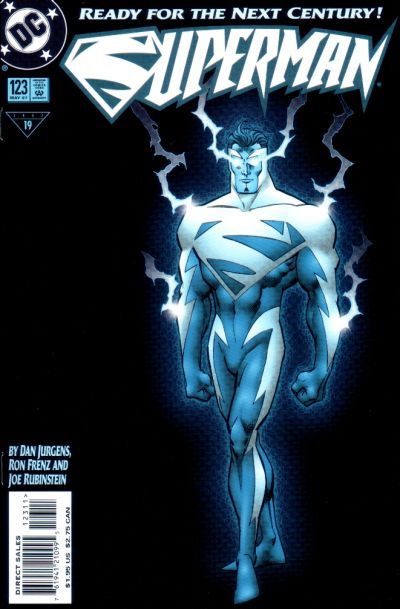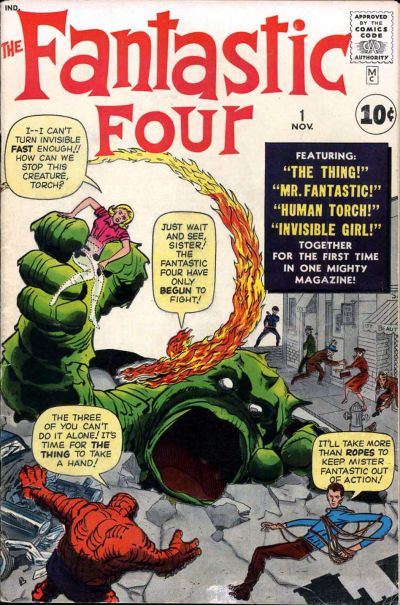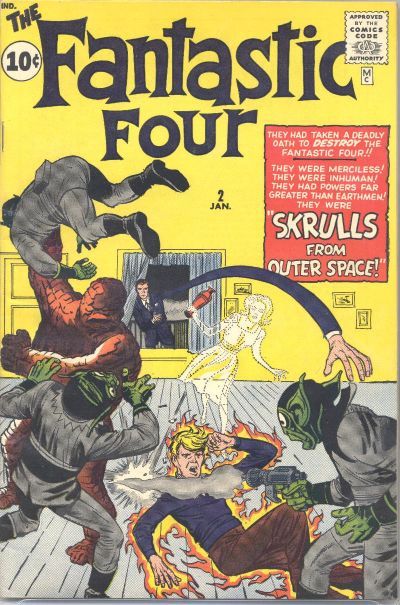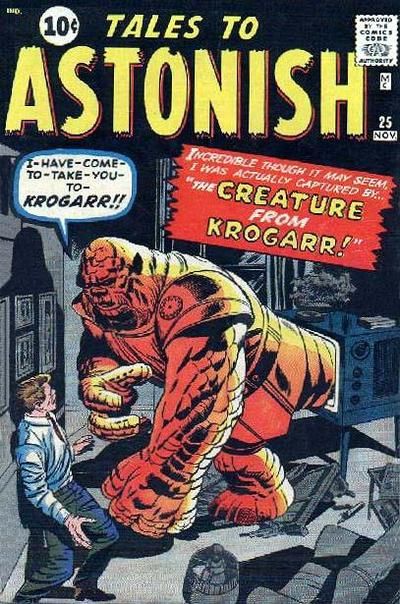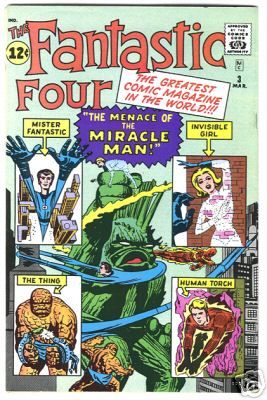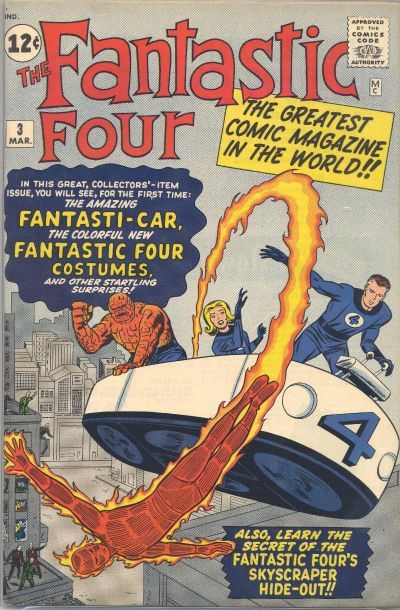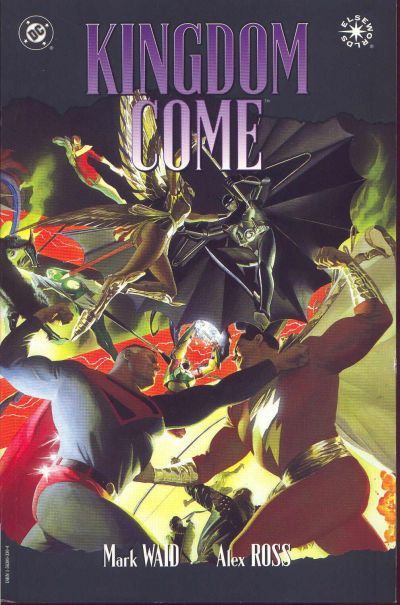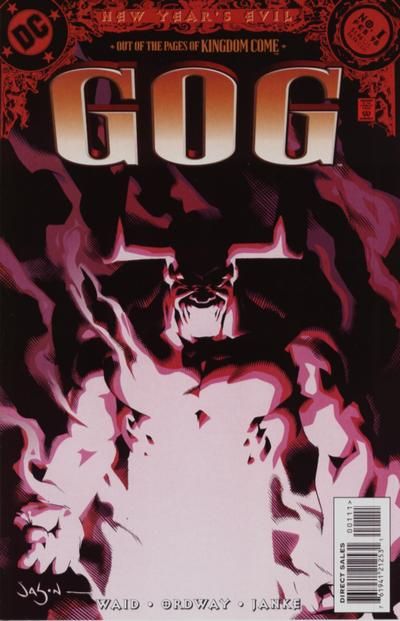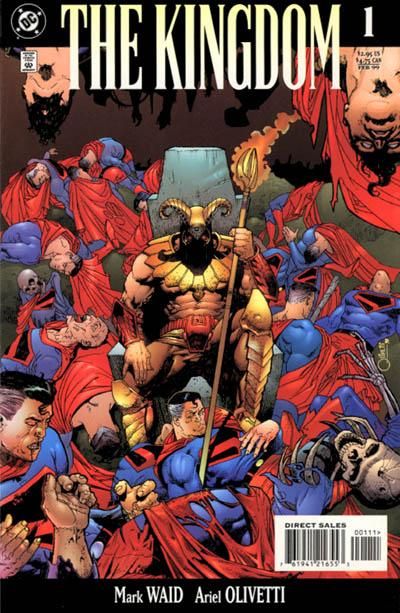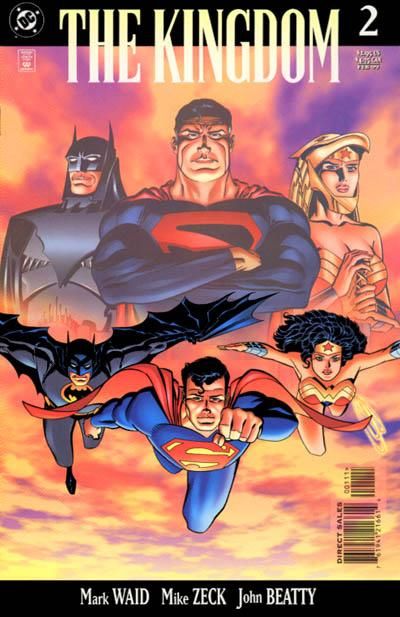This is the ninety-first in a series of examinations of comic book urban legends and whether they are true or false. Click here for an archive of the previous ninety. Click here for a similar archive, only arranged by subject.
Let's begin!
COMIC URBAN LEGEND: DC gave Superman new powers to aid them in a legal struggle.
STATUS: False
In the late 90s, DC had a storyline where Superman gains new electric powers.
At the same time, DC was (and still is) involved in a legal dispute with the heirs of Jerry Siegel, co-creator of Superman, over the copyright to Superman.
Therefore, the timing of the events led some people to believe that perhaps there was something tying the two events together.
At the official Comic Book Urban Legends Revealed Suggestion Thread on the Comics Should Be Good forum, reader Stressfactor states:
1) I remember hearing someone claim that at least *one* reason behind the "Electric Blue" Superman of the 1990's was an attempt by DC to circumnavigate a lawsuit by the family of either Seigel or Schuster. That, at the time, one of the family were trying to get the rights to the character back and DC changed Superman's powers and looks in an attempt to either A) Establish something new and thereby keep fans just in case they lost the rights to the "old" Superman or B) Try to establish a preceident that Seigel and Schuster's creation was not "unique" and "distinctive" and to prove it DC was going to change Superman and prove to the courts that even a drastically changed character with the same name would still sell just as well.
I figured I would go straight to the source, specifically the man who came up with the idea to give Superman new powers, former Superman scribe Karl Kesel.
Here is what Karl had to say:
I was the one who put the "give Superman new powers" idea on the table, and it had nothing to do with any legal maneuverings whatsoever. The only thing I had in mind was creating a situation where for the first time (in a long, long time, at least) we would see Superman uncertain of his own limitations and abilities, and watch him learn how to use his powers and become a hero all over again. Nothing more conspiratorial or devious than that.
Well, that explains that.
Thanks, Karl!
COMIC URBAN LEGEND: Marvel put intentionally misleading covers on the first two issues of Fantastic Four.
STATUS: True.
As mentioned in a previous Comic Book Urban Legends Revealed, during the late 1950s, Marvel was actually distributed by Independent News, which was part of the same company as DC Comics. As they were distributing their competitor, the terms of the distribution contract were not great, but it was better than not publishing any comics at all.
In any event, some time in 1961, Marvel publisher Martin Goodman saw that superheroes were beginning to do well for DC Comics. How Goodman came to this realization is something we will probably never know for sure (there are a lot of stories, but none of them, to my knowledge, have ever really been proven - if they were, feel free to let me know! The most prominent one has always been that Goodman was golfing with SOMEone at DC...even the who changes from story to story...and they were bragging about how good their Justice League of America title was selling), but the fact remains that in 1961, Marvel was set to debut their own superhero comic, the Fantastic Four.
However, they did not want everyone to KNOW they were publishing a superhero comic yet.
If you look at the first two issues of Fantastic Four, they do not appear much different from the current Marvel monster books, which were Marvel's highest selling titles at the time (Tales to Astonish, Journey Into Mystery and Tales of Suspense).
Look at the first two issues of Fantastic Four and this contemporary issue of Tales to Astonish...
Not MUCH of a difference, is there?
This was continued on the original, unpublished Jack Kirby cover of Fantastic Four #3...
There are two possibilities for why Marvel would do this. The first is that they were hesitant to upset DC by competing with DC's burgeoning superhero line of comics, for fear it would affect their distribution deal, but when the first two issues went by without problems, they figured they'd just let the cat out of the bag.
The second is that Marvel just plain ol' wasn't sure that superheroes would sell, so they decided to hedge their bets by keeping a monster presence on the covers.
In either event, after Kirby finished his monster-centric cover for #3, Marvel decided that they did not have to hide the superhero aspect of the Fantastic Four any longer, giving us the cover to #3...
And the rest, as they say, is history.
COMIC URBAN LEGEND: The Kingdom was originally meant to be an ongoing series.
STATUS: True.
Kingdom Come, by writer Mark Waid and artist Alex Ross, was a massive success for DC Comics in 1996. Featuring a story of the DC Universe of the future, the book won acclaim and high sales.
By the end of the year, Waid and Ross were all set to continue the storyline in an ongoing title called The Kingdom.
Mark Waid talked about it with S! Brett Lord in Dragon's Breath vol. 3 # 1 in January of 1997.
Lord: Let me tell you what I think I know about the recently announced Kingdom Come spin-off: It's called Kingdom, written by you, art by Gene Ha, with covers (and consultation) by Alex Ross. It's ongoing, set in DC continuity, and may or may not chronicle the events that may or may not lead up to Kingdom Come. How am I doing so far?
Waid: Spot on. It's also set in present day and will focus primarily on the younger characters, but will have healthy heaping helpings of Superman, Batman, Wonder Woman, Captain Marvel, and others. The idea is to make this a flagship book for the entire DC line, a place where events of critical importance can occur.
Lord: Why the choice to go "in-continuity"?
Waid: Paul Levitz's idea, and a good one.
We're saying that Kingdom Come isn't just a possible future for the DC Universe: It's a probable one. We've just put a ticking clock on everything we know and hold dear, and you'll be surprised at the way certain events unfold in the months and years to come. We're not just allowed to have major DC continuity happenings occur in Kingdom; it's a mandate.
Lord: Will the book focus on just a few main characters, or will it span the DC Universe (as did Kingdom Come)?
Waid: A little of both. Too early to say. Look for, among other things, revivals and revamps of Kingdom Come players like Captain Atom and Hourman.
Lord: Will Magog or Norman McKay appear in the book?
Waid: Magog, certainly. Norman-we're talking.
Lord: Besides covers, how else will Alex Ross contribute to the book?
Waid: Alex and I are crafting the series bible together.
That was the case in late 1996, but by the end of the 1997, all DC had to show for the Kingdom was a one-shot story Waid did for New Year's Evil...
Finally, though, at the end of 1998, a series of one-shots called The Kingdom came out..
In an interview with Beau Yarbrough from CBR, Waid explained the changes, which began when the initial concept that Waid and Ross pitched to DC was rejected:
"At that point, I elected to start from scratch and jettison any ideas that had been Alex's - not out of petulance, purely out of creative courtesy. I had become quite taken with Magog and began blocking out an origin for him which transformed him from a parody into a complex and unique character. Those plans are still viable and that's a story I'd like to tell someday; maybe I'll get there. But that wasn't working out either, not at that point. Sadly, none of the 50 pages of outlines and notes I have on the stillborn 'Kingdom' ongoing ever quite gelled, and though there are still a lot of workable ideas in there to be mined, most of them will never see the light of day. In fact, long before 'Gog' #1, I'd written an entire 38-page Magog-centered 'Kingdom' #1 which no one loved, including myself, and which no one will thus ever see."
While "The Kingdom" wasn't stillborn, its birth was a troubled one, and the project only began to get back on track about last year, in time for the "New Year's Evil" week of specials.
"Finally, about the time I offered to do 'Gog' #1 as a show of good faith that I hadn't altogether forgotten about my promise to do a KC follow-up, the pieces began to come together," Waid said. "Still, until Grant Morrison, Tom Peyer, Dan Raspler and I sat together last summer and created Hypertime, 'Kingdom' didn't crystallize. After that meeting, it was set, and the plot suddenly moved like clockwork."
It's too bad, I wonder how good a The Kingdom ongoing series would be if Waid and Ross worked together on the project.
Okay, that's it for this week!
Feel free to drop off any urban legends you'd like to see featured!


